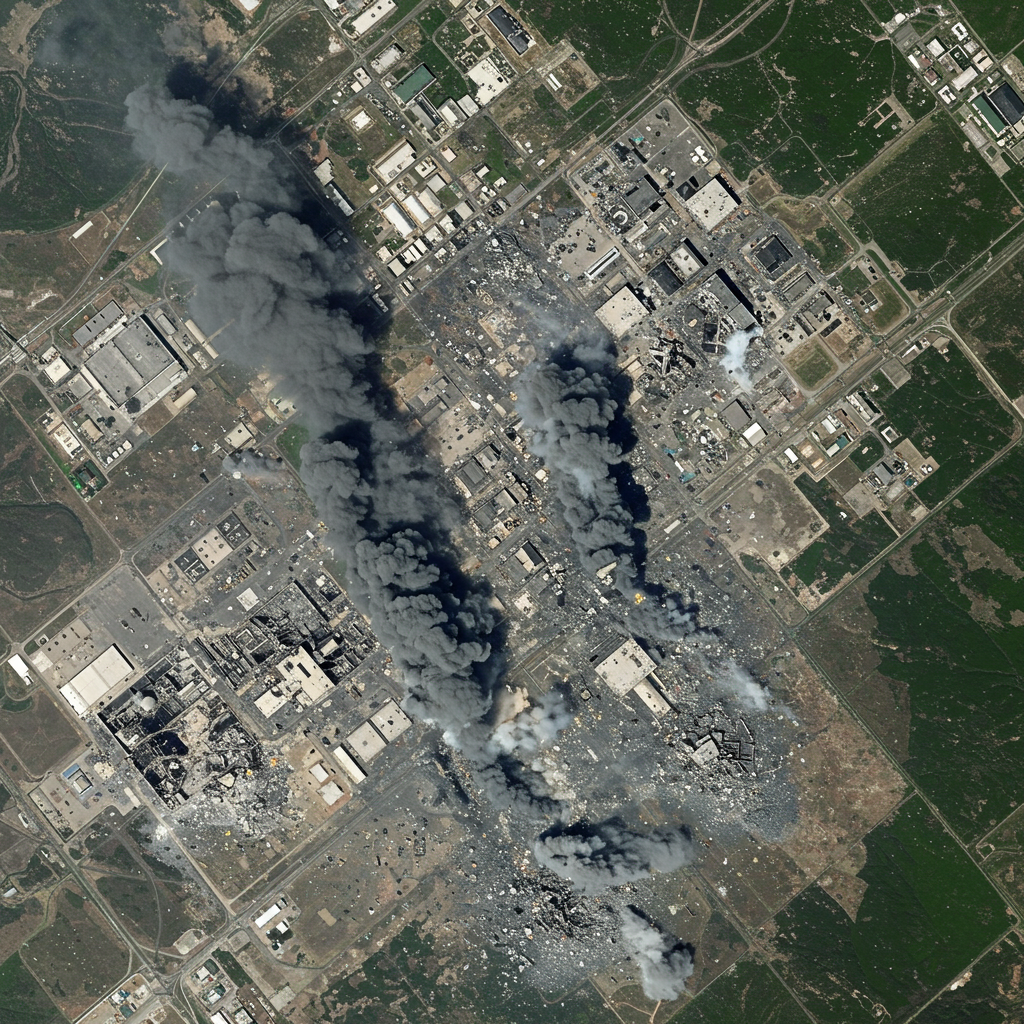The Canadian Security Intelligence Service (CSIS) has released a report identifying India as a significant “perpetrator of foreign interference” targeting Canada. This stark assessment comes just a day after Canadian Prime Minister Mark Carney and Indian Prime Minister Narendra Modi met at the G7 summit, where they reportedly discussed steps to improve strained bilateral ties.
The CSIS report highlights that transnational repression plays a central role in India’s activities within Canada. According to the intelligence agency, “Indian officials, including their Canada-based proxy agents,” are engaged in various efforts to influence Canadian communities and politicians. The objective is to align Canada’s positions with India’s interests, particularly concerning how New Delhi perceives supporters of an independent Sikh homeland known as Khalistan.
This revelation adds a complex layer to already tense relations between Canada and India, which severely deteriorated in 2023. The primary catalyst was former Canadian Prime Minister Justin Trudeau’s public accusation that the Indian government was involved in the June 18, 2023, murder of Hardeep Singh Nijjar, a prominent Sikh leader, in Surrey, British Columbia. India has consistently denied any role in Nijjar’s killing and, in turn, accused Canada of providing a safe haven for Sikh separatists.
Leveraging Organized Crime for Interference
CSIS’s report reveals a disturbing trend of foreign governments increasingly using organized crime groups to conduct threat activities and transnational repression within Canada. The report cites examples involving both Iran and India, noting evidence linking Indian government agents to criminal networks used “to sow violent activity in South Asian communities in Canada.”
The agency views the alleged role of the Indian government in the Nijjar murder as a “significant escalation in India’s repression efforts.” Further investigations by the Royal Canadian Mounted Police (RCMP), revealed in an October disclosure, linked Indian government agents to a range of crimes, including murders and extortions across several provinces. The RCMP has reportedly warned more than a dozen Sikhs advocating for Khalistan about “credible and imminent threats to life,” with some reports suggesting Indian intelligence, allegedly reporting to Prime Minister Modi’s office, has utilized the Lawrence Bishnoi crime group for these activities.
This campaign of alleged interference extends beyond violence, reportedly involving extortion, intimidation, home invasions, drive-by shootings, and arson. The aims, according to Canadian sources, include intelligence gathering, creating an unsafe environment for the South Asian diaspora, and interfering in Canada’s democratic processes. Allegations even link the Nijjar killing to a separate assassination plot targeting Sikh activist Gurpatwant Singh Pannun in New York, which is part of a US Justice Department case involving a named agent of India’s intelligence agency, RAW.
Diplomatic Thaw Amidst Accusations
Despite these serious intelligence findings, Prime Ministers Carney and Modi held talks described as “productive” on the sidelines of the G7 summit in Alberta. They agreed to reinstate top diplomats they had withdrawn following the 2023 crisis. Carney called the meeting a “necessary” step toward rebuilding ties, although reports indicate he declined to state whether he directly raised the issue of the Nijjar killing during their discussion, emphasizing his government’s focus on diversifying trade.
Carney’s invitation to Modi for the G7 summit had already drawn criticism from some members of Canada’s Sikh community given the unresolved tensions and murder allegations. While Canada initially expelled India’s High Commissioner and five other diplomats, India retaliated with reciprocal expulsions.
Canada’s Broader Foreign Interference Landscape
While the report singles out India, CSIS identifies China as posing the greatest counter-intelligence threat to Canada. China is accused of espionage, intellectual property theft (particularly in AI, quantum computing, biotech, aerospace), and coercing diaspora communities. The report also names Russia, Iran, and Pakistan as key perpetrators of foreign interference. Russia is cited for espionage and potential sabotage planning, Iran for using criminal groups against dissidents, and Pakistan for attempting to influence the selection of pro-Pakistan politicians in Canada.
The timing of the CSIS report’s public acknowledgement underscores the persistent nature of foreign interference challenges facing Canada. At the conclusion of the G7 summit, leaders issued a statement condemning state-sponsored transnational repression, expressing deep concern about states or proxies targeting individuals abroad. While not explicitly naming India, the statement highlighted the global threat and pledged to develop strategies and build international understanding to counter it.
Analysts have drawn parallels between India’s alleged current activities in Canada and historical instances of alleged interference dating back to the 1980s, suggesting a pattern of using proxy agents and criminal elements to repress dissent and influence diaspora communities abroad. The CSIS report serves as a clear warning that Canada must remain vigilant against ongoing foreign interference efforts impacting both ethnic and religious communities and its political system.
References
- <a href="https://economictimes.indiatimes.com/news/india/india-is-a-perpetrator-of-foreign-interference-canadian-intelligence-agency-says/articleshow/121936133.cms?UTMSource=GoogleNewsstand&UTMCampaign=RSSFeed&UTM_Medium=Referral”>economictimes.indiatimes.com
- globalnews.ca
- www.theglobeandmail.com
- islamabadpost.com.pk
- www.lowyinstitute.org

